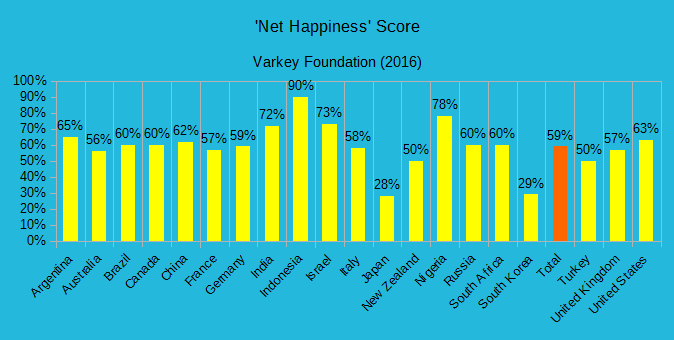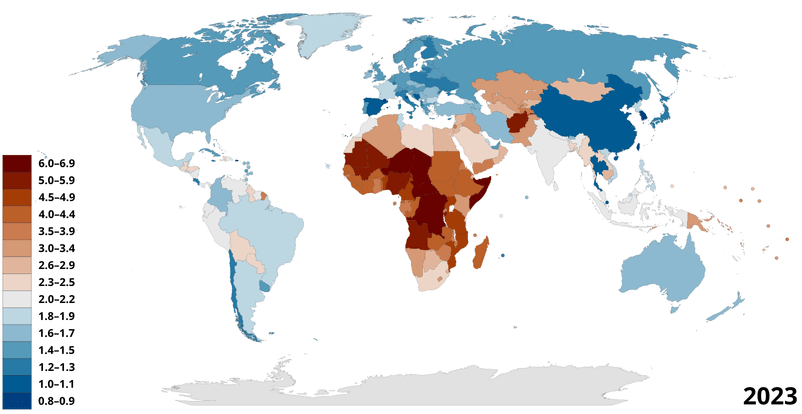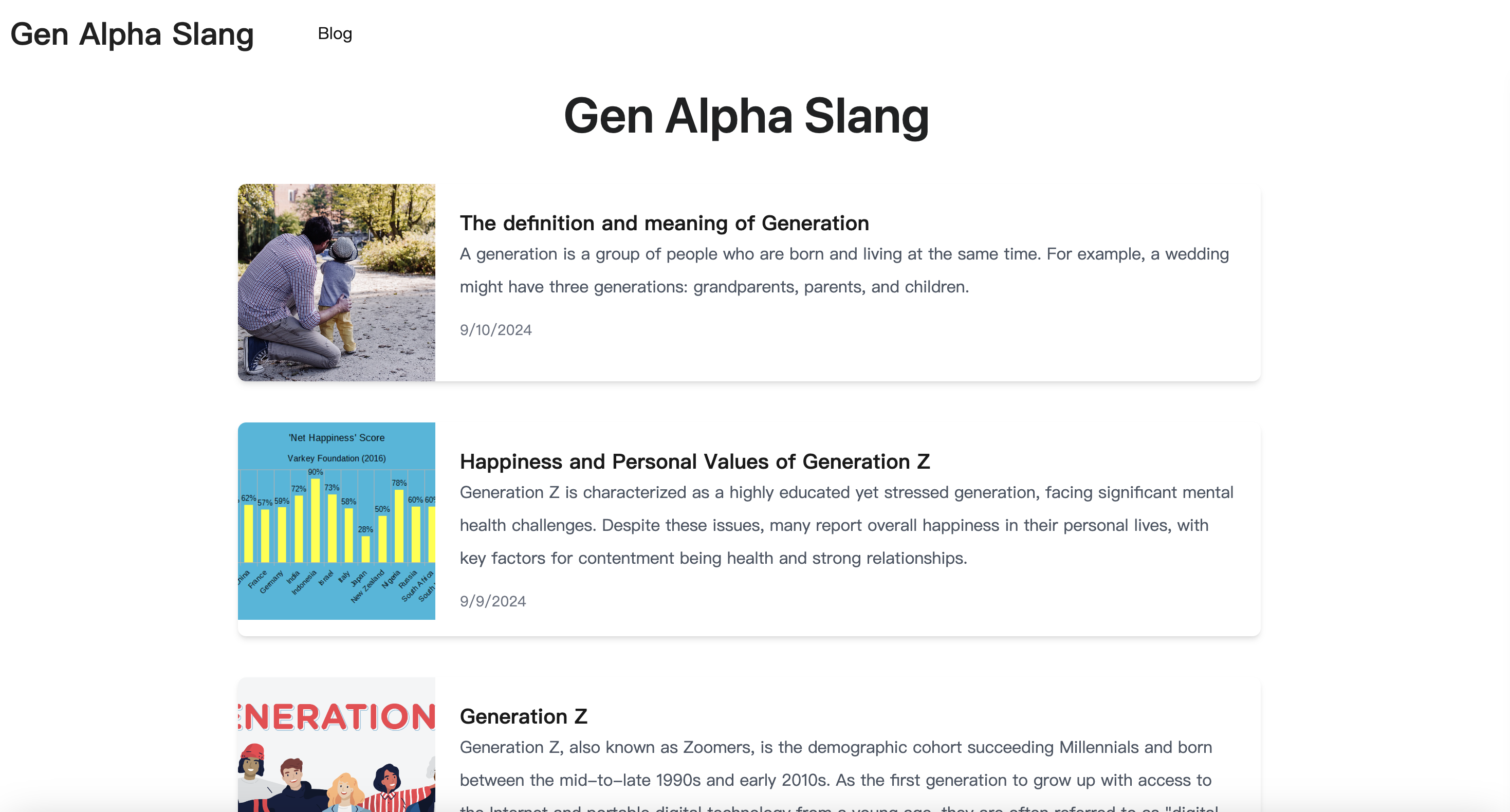Generation Z is characterized as a highly educated yet stressed generation, facing significant mental health challenges. Despite these issues, many report overall happiness in their personal lives, with key factors for contentment being health and strong relationships. However, financial concerns and educational pressures contribute to their anxiety, particularly in certain countries.
The Economist has described Generation Z as a more educated, well-behaved, stressed and depressed generation in comparison to previous generations. In 2016, the Varkey Foundation and Populus conducted an international study examining the attitudes of over 20,000 people aged 15 to 21 in twenty countries: Argentina, Australia, Brazil, Canada, China, France, Germany, India, Indonesia, Israel, Italy, Japan, New Zealand, Nigeria, Russia, South Africa, South Korea, Turkey, the United Kingdom, and the United States. They found that Gen Z youth were happy overall with the states of affairs in their personal lives (59%).
The most unhappy young people were from South Korea (29%) and Japan (28%) while the happiest hailed from Indonesia (90%) and Nigeria (78%). In order to determine the overall 'happiness score' for each country, researchers subtracted the percentage of people who said they were unhappy from that of those who said they were happy. The most important sources of happiness were being physically and mentally healthy (94%), having a good relationship with one's family (92%), and one's friends (91%). In general, respondents who were younger and male tended to be happier. Religious faith came in last at 44%.
Nevertheless, religion was a major source of happiness for Gen Z youth from Indonesia (93%), Nigeria (86%), Turkey (71%), China, and Brazil (both 70%). The top reasons for anxiety and stress were money (51%) and school (46%); social media and having access to basic resources (such as food and water) finished the list, both at 10%. Concerns over food and water were most serious in China (19%), India (16%), and Indonesia (16%); young Indians were also more likely than average to report stress due to social media (19%).
The most important personal values for young people are helping their family and themselves get ahead, and honesty is also important. Parents, friends and teachers have the greatest influence on them, while celebrities and politicians have the least influence. For the future, family and health are the most important, while the well-being of the world and local community comes last. In general, young people value personal and family values more than social and global values.
According to the aforementioned study by the Varkey Foundation, the most important personal values to these people were helping their families and themselves get ahead in life (both 27%), followed by honesty (26%). Looking beyond their local communities came last at 6%. Familial values were especially strong in South America (34%) while individualism and the entrepreneurial spirit proved popular in Africa (37%). People who influenced youths the most were parents (89%), friends (79%), and teachers (70%). Celebrities (30%) and politicians (17%) came last.
In general, young men were more likely to be influenced by athletes and politicians than young women, who preferred books and fictional characters. Celebrity culture was especially influential in China (60%) and Nigeria (71%) and particularly irrelevant in Argentina and Turkey (both 19%). For young people, the most important factors for their current or future careers were the possibility of honing their skills (24%), and income (23%) while the most unimportant factors were fame (3%) and whether or not the organization they worked for made a positive impact on the world (13%). The most important factors for young people when thinking about their futures were their families (47%) and their health (21%); the welfare of the world at large (4%) and their local communities (1%) bottomed the list.






